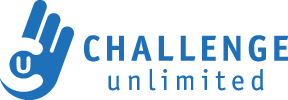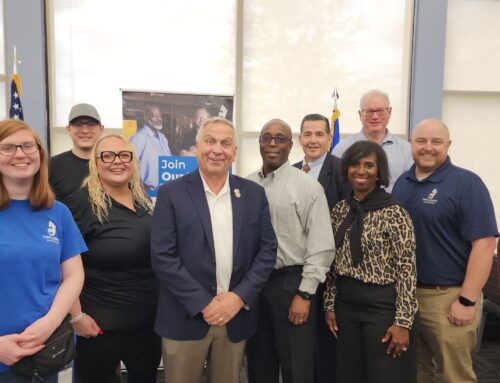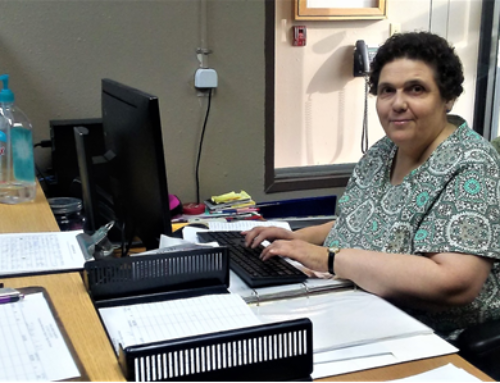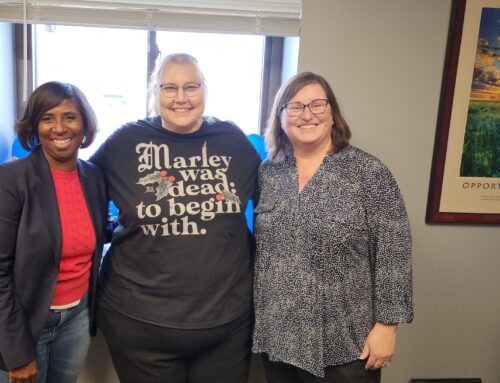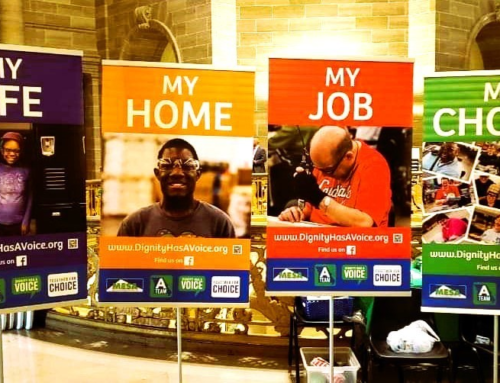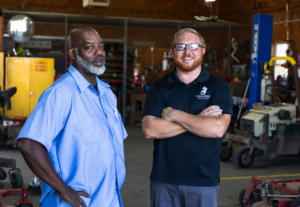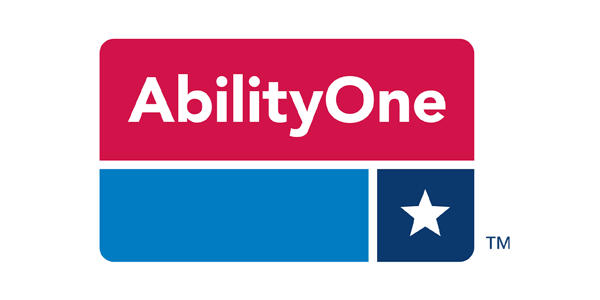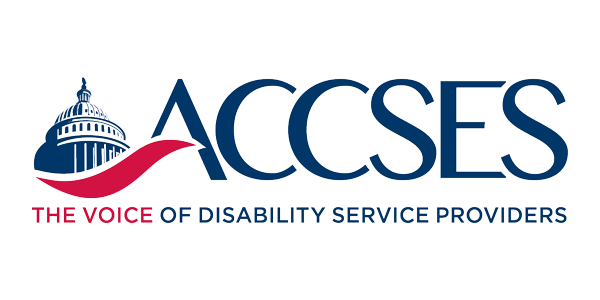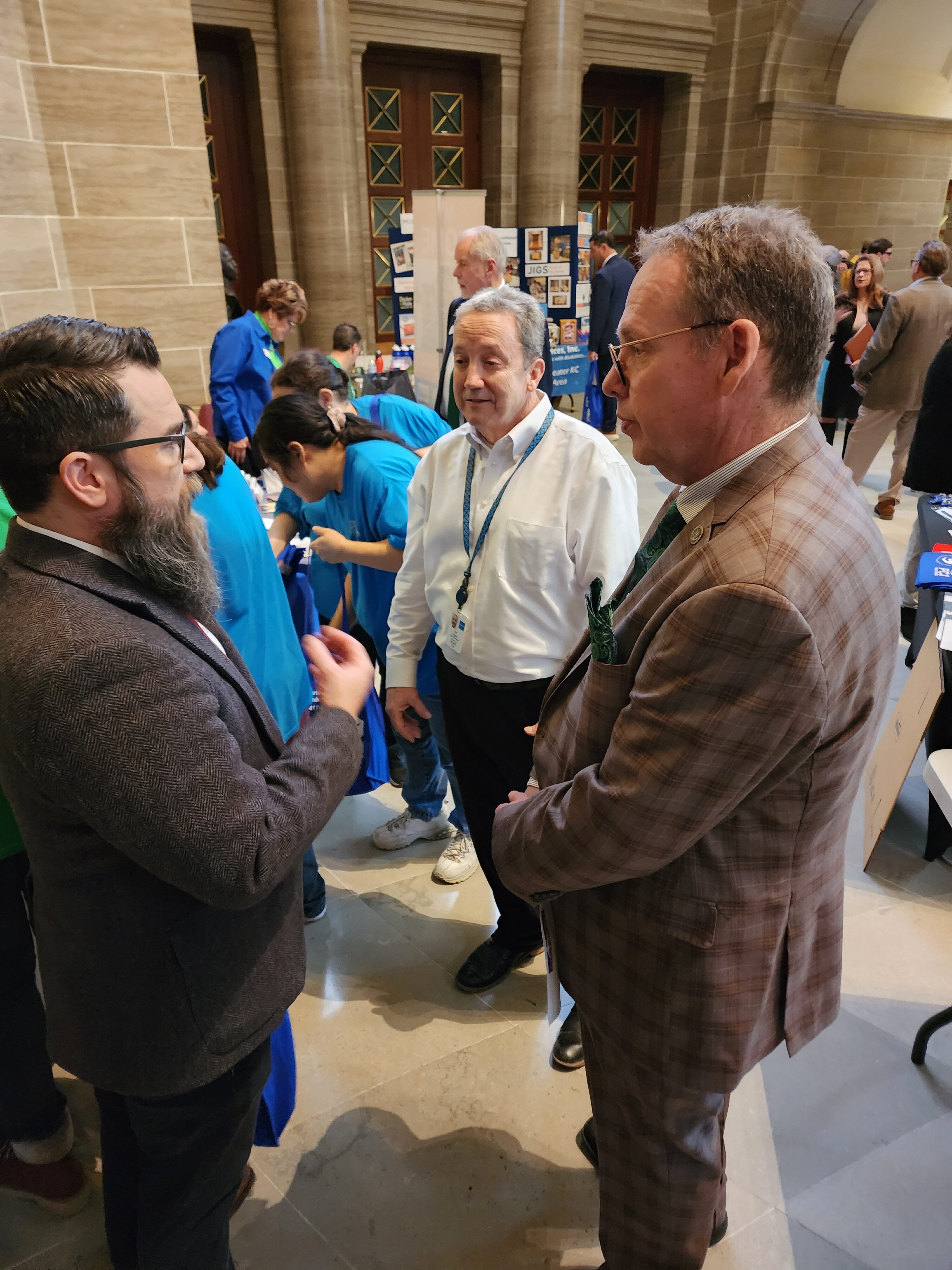
Proposed Changes to the Sheltered Workshop Program: What You Need to Know
In September, the Department of Labor (DOL) is set to propose new rules governing the 14c Certificate program, also known as sheltered workshops.
Critics of the program argue that 14c is an outdated element of the Fair Labor Standards Act. They claim it is unnecessary, impacts only a few individuals, and infringes on the civil rights of the men and women it serves. These arguments are largely based on the labeling of the Commensurate Sliding Wage Scale as a “subminimum wage” and the assertion that a protective environment chosen by the individuals amounts to segregation. However, both claims are gross simplifications and unfounded.
A Critical Employment Pathway for Individuals with Disabilities
The program is an essential and progressive service and employment opportunity for those facing significant obstacles to conventional employment. These programs offer individuals with intellectual and developmental disabilities (I/DD), mental health conditions, and other spectrum disorders a viable route to employment. Additionally, some participants may have physical disabilities, visual impairments, and substantial hearing loss alongside I/DD.
Specialized Support Services Make a Difference
Individuals with specialized needs may exhibit challenging behaviors, struggle with learning or retaining information, and require additional specialized support, including toiletry assistance, medication management, and help with eating and food preparation—services not typically found in most employment settings. Sheltered workshop staff are well-trained to handle these diverse requirements.
Debunking Misconceptions
Opponents often use narrowly defined terms to criticize sheltered workshops and other protective work environments, attempting to turn these terms against such establishments.
We all interpret terms like inclusion, success, meaningful, and appropriate in our own ways. Inclusion can mean working alongside friends in an immersive setting. Success might be learning new skills, overcoming obstacles, and achieving goals. Finding joy and pride in one’s work is meaningful. Each person should have the autonomy to decide which environment and goals suit their needs.
Work Choice: Finding the Right Fit for Each Individual
For many, career and work choices involve seeking jobs that align with our interests, skills, and income requirements. We also look for comprehensive compensation packages, considerations such as transportation or potential relocation are important. We seek workplaces where we feel safe and where the company culture aligns with our personal needs.
We weigh various factors to determine what best suits us. Terms like “work-life balance,” “work-family enrichment,” or “resource enhancement” are often used to explain employment decisions.
Sheltered Workshops Provide More Than Just a Wage
Many individuals receive assistance due to their diagnoses. Their income, along with assistance like Medicare, Medicaid, SSI, SSDI, and housing subsidies, gives a comprehensive view of their benefits.
Individuals find the social aspect of their work critical. Those attempting to switch jobs report isolation, degradation, or mistreatment, which undermines a positive work experience. Why should anyone’s work-life balance assessment be considered invalid?
Safe and Supportive Environments
“Sheltered Workshop” once meant a safe space for individuals who are vulnerable to harassment, exploitation, or abuse. It offered support to foster personal growth and success. However, over time, it has been misunderstood to imply a segregated and restrictive environment, which is viewed as inherently abusive. This is a misrepresentation.
Critics argue that the certificate program that sanctions these workplaces is outdated and has not adapted from its original intent. However, these claims are unfounded.
Expanding Opportunities and Protecting Choice
The program has gone through changes and continues to evolve. Disability is diverse, and there is no one-size-fits-all approach to access, nor a universal set of barriers to overcome. Every individual’s challenges are unique. Sheltered employment serves the most vulnerable within the disability community—those for whom a large-scale pathway to the general workforce has not yet been established.
There is an increasing availability of services and providers that assist individuals. Many holders of 14c Certificates include these programs as part of their offerings. Since 2016, the Workforce Innovation and Opportunity Act (WIOA) has required yearly meetings with State Divisions of Vocational Rehabilitation (VR). Despite the opportunity to explore other employment and services, less than 2% choose to do so.
WIOA aims to expand employment opportunities for individuals with disabilities and to reduce and eliminate what were termed “pipelines” into sheltered employment. However, the question arises: does the removal of a successful employment option and the coercion of individuals into other options create an equally problematic pipeline? Individuals are entitled to make an informed choice regarding their service, employment, and setting preferences. This right is explicitly recognized in Olmstead v. L.C., 527 U.S. 581 (1999), which asserts that individuals are entitled to services and living arrangements in the least restrictive environment, provided the individual does not object to the placement, and the state can reasonably accommodate it.
Ongoing Dialogue and Best Practices: The Future of Extended Employment
Critics of 14c certificate providers misrepresent WIOA by claiming that protective settings and service options are overly restrictive, thus removing these choices from the individuals’ range of options.
The 14(c) certificate program follows federal law but is managed at the state level, leading to variations among states and service providers. Ongoing dialogue on best practices is crucial for successful outcomes, ensuring access to preferred employment options for all.
This post was an adaptation of a Letter to the Editor submitted by Kit Brewer in response to a recent interview with the Washington Post.
Kit Brewer serves as the Executive Director of Project CU and is the Vice President of The Coalition for the Preservation of Employment Choice. He has over 25 years of experience as a non-profit administrator and social entrepreneur. In addition to his professional background, Kit is also a parent of an adult child on the autism spectrum.
Click here to download the Letter to The Editor.
#ATeam #MASWM #EmploymentChoice #DisabilityEmployment #ProjectCU

